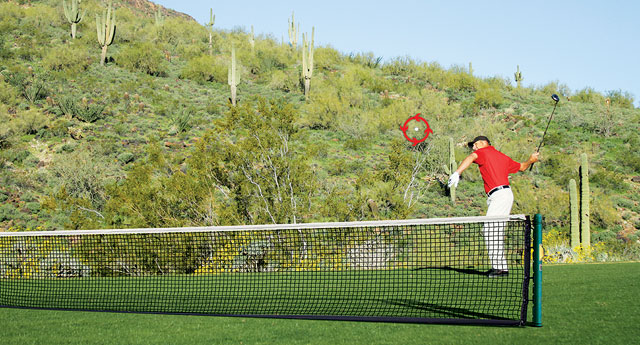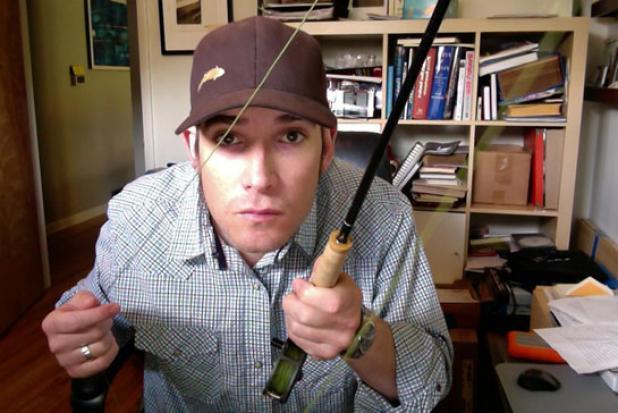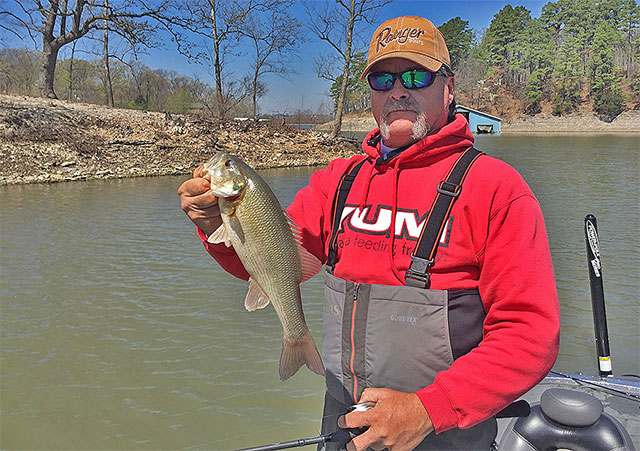Dropped 3rd strike Rule
Question
OK hate to beat a dead horse............less than 2 outs...dropped 3rd strike....batter runs..........player on first runs to second......batter still out because base was occupied? No throw to first required, correct? If in fact batter runs and then the catcher throws to first and hits the runner and the ball deflects, then the interferance call would take effect, correct? Runner that was on first would have to go back to first and the hitter that was running to first would be out because he/she was out anyway due to the strike out, correct?
Just seeking clarity for the muddy waters!
Answer
Question 1, batter out. The base was occupied at the time of the pitch. If you started with a runner on first and the base then was not occupied at the time of the pitch you have a dead ball with the runner on first called out for leaving early!
Question 2, Correct
Question 3 is a little bit more difficult. A couple things to remember here, first, by rule the runner can run to first even if she is out in a dropped 3rd strike situation. Interference isn't always the call when the ball hits the batter/runner. In this case if the batter was legally running to first base, in the running lane etc. I have nothing, the ball is still live, if the catcher hits her with the throw other than a stupid play by the catcher.
If the runner was on the fair ball side of the base line, then I have interference and return the other runners to the last base touched at the time of interference. If the runner that was on first had already touched second at the time of interference she gets to stay at second.
All of the above assumes no intentional act of the batter to intentionally interfere with the throw.
Infield Fly Rule Clarification
Ball Dropped By Catcher On 3rd Call Strike


